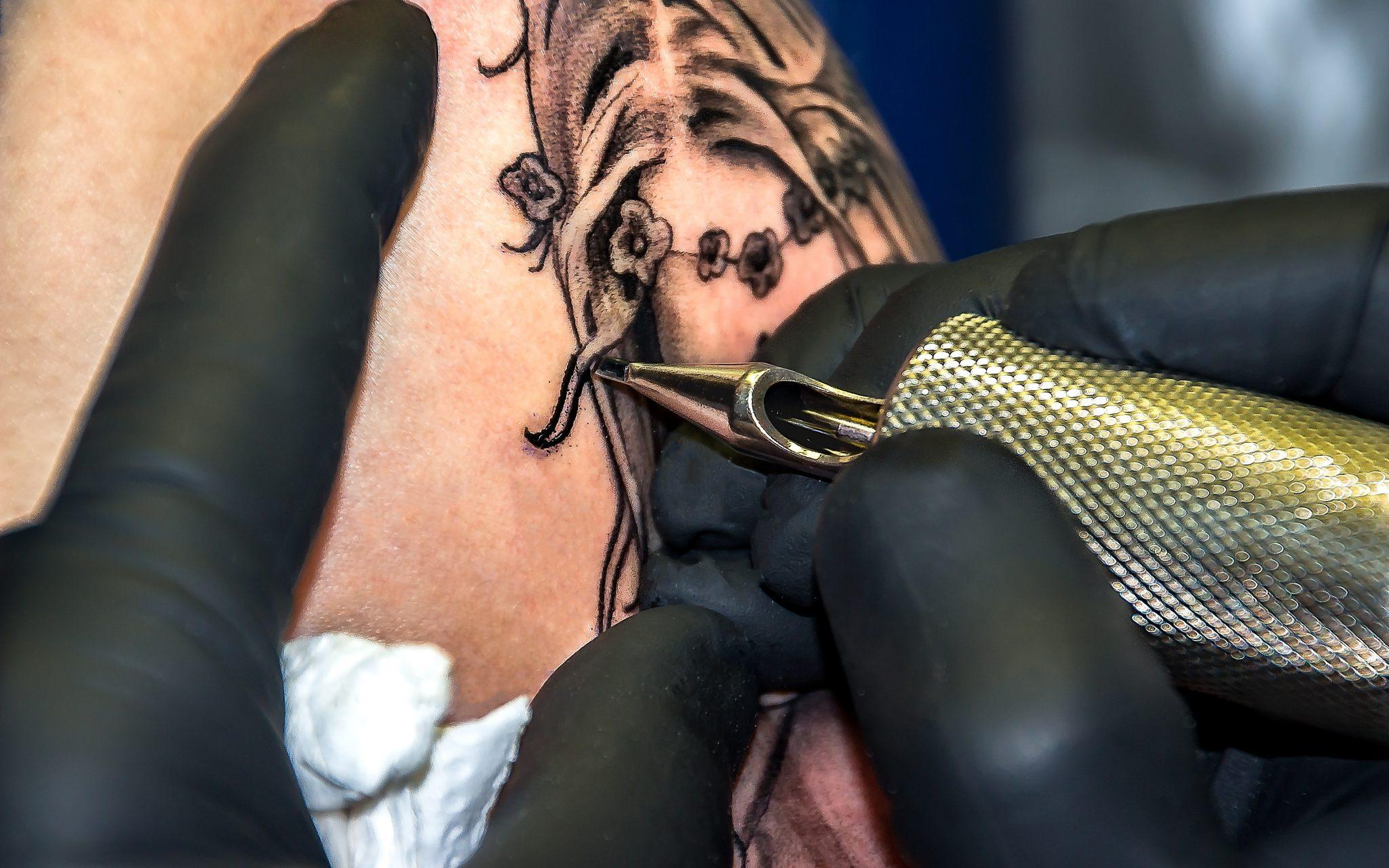Tattoos are drawings, pictures, words or numbers permanently inked on skin. With 45 million people in the United States having at least one tattoo according to Skinfo, it is safe to assume that tattoos are becoming more of a social norm.
Tattoos often symbolize a person, date or memory of significance. Despite this, when a person’s tattoo is visible, it often creates a negative stigma surrounding that person’s character, dependability or potential career prospects.
How could a form of artwork invoke such severe stereotyping or even limit job opportunities?
According to Salary.com, 76 percent of people feel that them having a tattoo will affect their chances of getting a job.
Skinfo reports that 37 percent of Human Resource employers note visible tattoos as the third most likely physical career-limiting attribute. One of the biggest concerns for individuals with tattoos is clearly their professional futures.
Why do people with visible tattoos have such a hard time getting corporate jobs?
Society, specifically employers, place too much emphasis on a process that is really quite simple.
According to Business Insider, getting a tattoo happens by “the sharp needle prick[ing] the skin quickly and repeatedly, dragging the ink, clinging to it down into the dermis,” thus creating a discoloration of the normal skin pigment.
When children accidentally color on themselves, or students jot down important notes on their hands, they too are manipulating their own skin pigments.
Yet no one is so quick to judge the content of their character or reliability of their professional skills.
Understandably, when walking into a room and noticing someone with daunting neck tattoos or an intimidating sleeve, one begins to immediately stereotype.
Thoughts questioning what could have made that person get that tattoo, why they would ruin their bodies, who would let them get such tattoos, they must be unprofessional or they clearly have no legitimate responsibilities are likely to run through some people’s heads.
How do those snap judgements, conjured without ever even speaking to this stranger, correlate to the tattoos upon their skin?
Unfortunately, that degree of discrimination is commonplace within the United States. According to Business Insider, no states have laws protecting citizens with tattoos from discrimination in company hiring practices.
Even if an employer thinks you are perfect for the job they can, and most likely will, choose not to hire you based on your visible tattoo.
Tattoos can symbolize an important memory, commemorate the life of a loved one, become a visual reminder of a past struggle, or they can mean nothing at all.
When seeing someone covered in tattoos, society has determined that it is common to begin immediately judging the content of this person’s character or personal lifestyle choices.
But why does it matter the meaning behind tattoos? Why is one so able to dismiss or understand having tattoos if the meaning behind it is reasonable, than if there is not one at all?
It is absurd to think that something as simple as a ink on skin could have such severe consequences. Even more so, that within society, someone who has a meaningful tattoo is more likely to be written off as socially acceptable than someone who got a tattoo just because they wanted one.
If to each really is their own, then just because your “You Only Live Once” tattoo is important to you does not mean that someone else’s lower back butterfly ink has to have significance to them.
Ultimately, a tattoo is just an art form meant for self expression and individuality. They are not a basis by which to judge characteristics of someone or to predict success.
Kayla Smith is a freshman journalism major, from Concord, North Carolina. Follow her on Twitter at @berkleys26.
Photo by: Pixabay, Pexels.com

